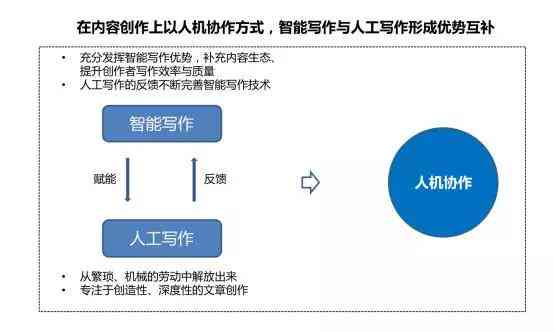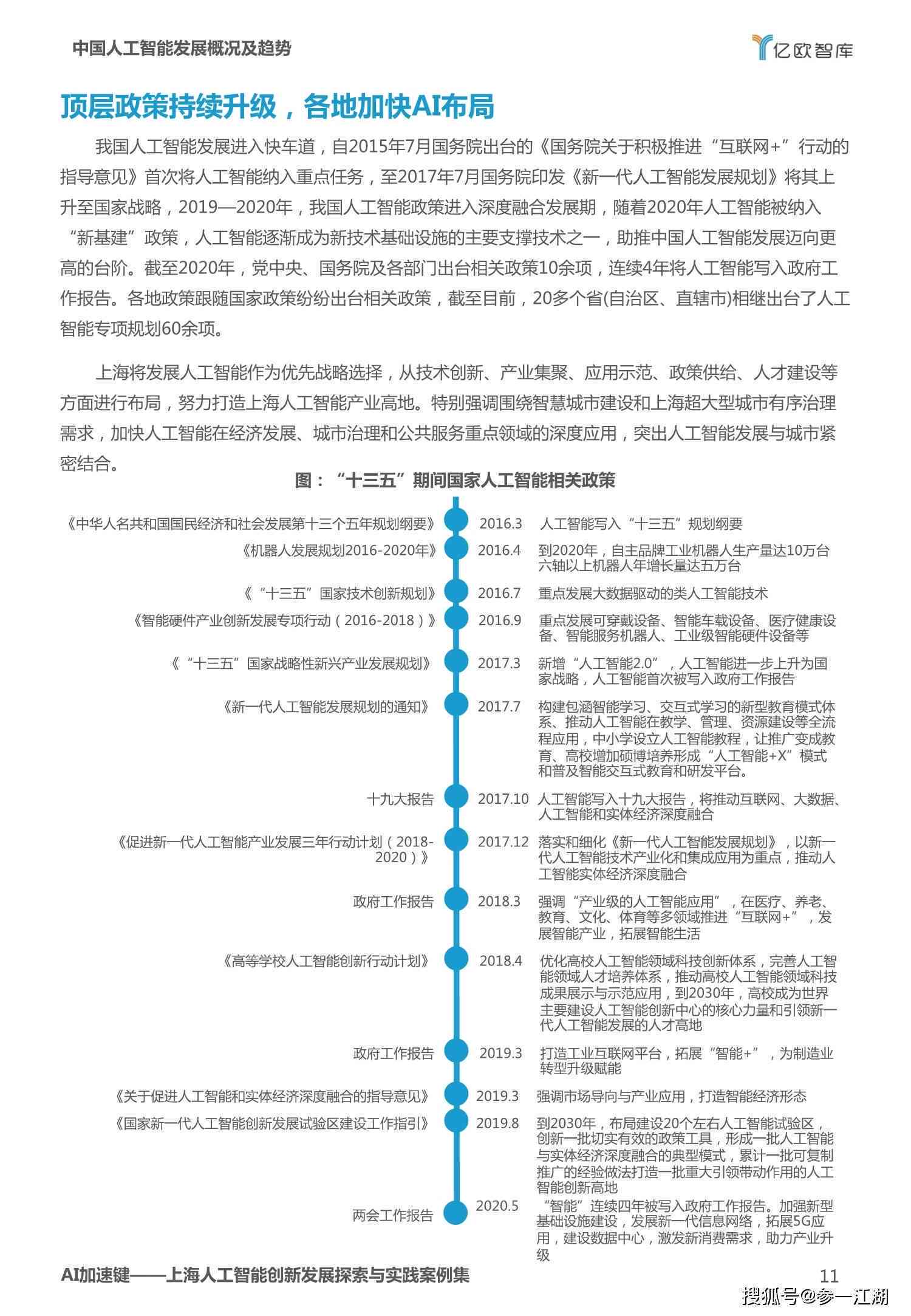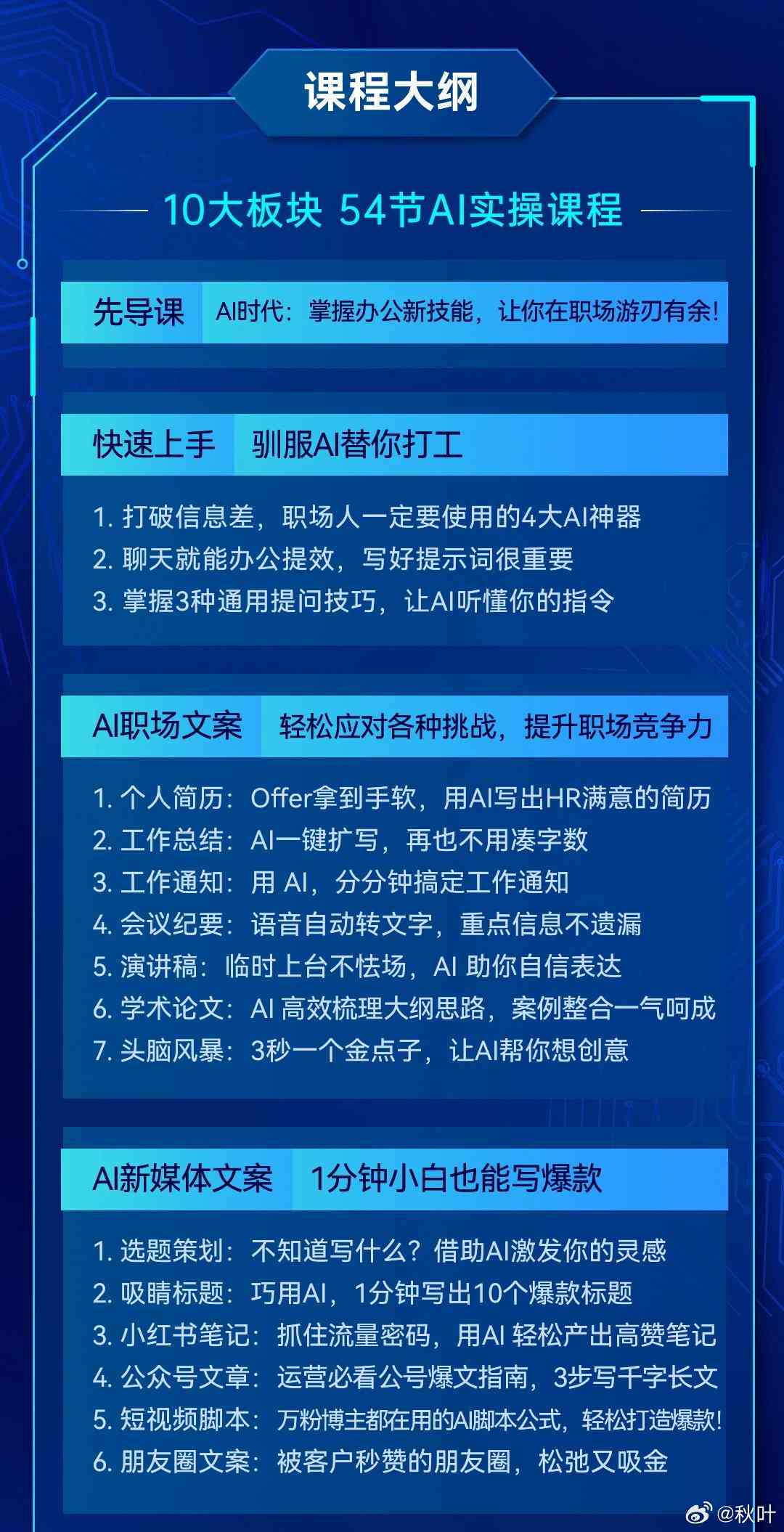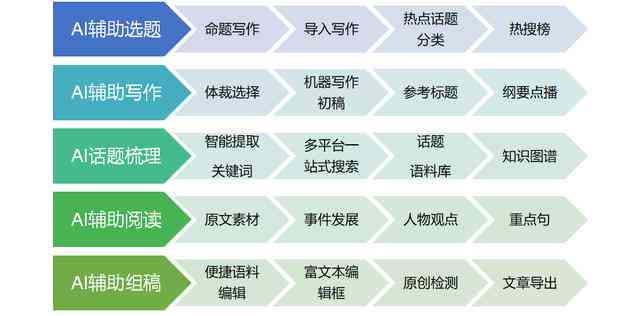探索AI撰写报告带来的五大优势与效益
Title: Exploring the Top Five Advantages and Benefits of -Generated Reports
1. Introduction
In recent years, Artificial Intelligence () has made significant strides in transforming various aspects of our lives, including the workplace. One such innovation is the use of to generate reports. This article delves into the top five advantages and benefits of -generated reports, utilizing the provided phrases as a corpus to guide our exploration.
2. Enhanced Efficiency and Time-Saving
2.1 The Time Factor
One of the primary advantages of -generated reports is the significant reduction in time required to produce them. Traditional report writing involves hours of research, data analysis, and compilation, which can be streamlined through . By automating these processes, can generate reports in a fraction of the time, allowing employees to focus on other critical tasks.
2.2 Improved Productivity
With the time saved from report generation, employees can allocate their efforts to more productive activities, such as strategic planning or client engagement. This, in turn, can lead to an overall increase in productivity within the organization.
3. Accuracy and Reliability
3.1 Error Reduction

-generated reports are known for their accuracy and reliability, as they are based on algorithms and data-driven insights. Unlike human-generated reports, which may be prone to errors due to fatigue or oversight, -generated reports minimize the risk of inaccuracies, providing stakeholders with more reliable information.
3.2 Data-Driven Decision Making
The accuracy of -generated reports enables better decision-making. By providing stakeholders with precise and up-to-date data, organizations can make informed decisions that are based on concrete evidence, rather than assumptions or guesswork.

4. Enhanced Customization and Personalization
4.1 Tlored Reports
-generated reports can be customized to meet the specific needs of different stakeholders. By analyzing user preferences and past interactions, can generate reports that are tlored to individual requirements, ensuring that the information provided is relevant and valuable.

4.2 Improved Communication
The customization and personalization of -generated reports can lead to improved communication within the organization. By delivering reports that are specifically designed for each stakeholder, can facilitate better understanding and collaboration among team members.
5. Scalability and Integration

5.1 Handling Large Volumes of Data
-generated reports excel in handling large volumes of data, which can be a challenge for human-generated reports. This scalability allows organizations to process and analyze vast amounts of information quickly and efficiently.
5.2 Seamless Integration with Other Systems

-generated reports can be easily integrated with other systems and platforms, such as Customer Relationship Management (CRM) software or Enterprise Resource Planning (ERP) systems. This seamless integration ensures that the information provided is consistent and up-to-date across all platforms.
6. Conclusion
In conclusion, the use of to generate reports brings about several advantages and benefits, as outlined in this article:

1. Enhanced efficiency and time-saving
2. Accuracy and reliability
3. Enhanced customization and personalization

4. Scalability and integration
5. Improved communication and decision-making
By leveraging for report generation, organizations can not only save time and resources but also make more informed decisions based on accurate and relevant data. As continues to evolve, its role in report generation and other aspects of business operations is likely to grow, offering even more benefits to organizations worldwide.

探索AI撰写报告带来的五大优势与效益
编辑:ai学习-合作伙伴
本文链接:http://www.tsxnews.com.cn/2024falv/aixuexi/404687.html
上一篇:AI情感生成文案攻略:深度解析如何打造打动人心的内容与创意文案撰写全指南
下一篇:全面解析AI技术:最新进展、应用场景与未来趋势研究报告
① 凡本网注明"来源:"的所有作品,版权均属于,未经本网授权不得转载、摘编或利用其它方式使用上述作品。已经本网授权使用作品的,应在授权范围内使用,并注明"来源:XX"。违反上述声明者,本网将追究其相关法律责任。
② 凡本网注明"来源:xxx(非)"的作品,均转载自其它媒体,转载目的在于传递更多信息,并不代表本网赞同其观点和对其真实性负责。
③ 如因作品内容、版权和其它问题需要同本网联系的,请在30日内进行。
编辑推荐
- 1AI创作原创内容:探讨现象本质与影响
- 1AI情感生成文案攻略:深度解析如何打造打动人心的内容与创意文案撰写全指南
- 1泰语AI智能写作助手:助力高效创作
- 1免费制作文案的有哪些:哪些软件能免费制作文案
- 1一键生成优质文案:全面收录免费写作软件与工具,解决各类文案创作需求
- 1'免费AI文案助手推荐:高效撰写文案的工具盘点'
- 1什么AI软件免费写文案好用,适合高效创作的免费工具推荐
- 12023年度盘点:top 10免费AI文案撰写软件,满足各类写作需求!
- 1如何将脚本高效集成至人工智能系统
- 1ai脚本安装路径及安装方法:详解安装文件与步骤
- 1'AI动画制作工具评测:哪款智能创作软件更具优势与效率'
- 1言写作技巧与风格解析:全方位掌握文学巨匠的创作精髓
- 1言作协:言被移出百名作家及百年作家之列,是否被开除待确认
- 1言笔触下的民族性与现代性:深度剖析创作理念
- 1言创作背后的故事与文学成就:探索作家灵感源泉与创作历程
- 1言作者简介及原名、代表作一览与作品PPT
- 1探索言的创作哲学:深挖其文学创作理念的核心
- 1最新AI创作工具盘点:全面解析热门智能写作与设计软件推荐
- 1社交媒平台发布ai营销报告违法吗:如何处理及社交媒体平台营销合规探讨
- 1《AI赋能社交营销:权威平台发布最新AI营销报告解读》
最新资讯
- 1深入探索AI视觉设计:如何运用人工智能优化界面美学与用户体验
- 1重复利用AI技术,革新大众点评文案创作方式
- 1'深入解析:AI写作如何运用人工智能技术进行文本创作'
- 1基于AI辅助的大学生职业生涯规划研究论文——2500字深度解析与实践探讨
- 1AI写作大学生职业生涯规划:2500字论文与1500字规划书人工智能应用与实践
- 1大学生AI写作助力回乡创业:全方位简历打造与创业计划指南
- 1ai文案指令关键词是什么样的:全面解析其组成与特点
- 1'揭秘AI文案创作:核心指令关键词一览无遗'
- 1ai写作论文:软件推荐、查重率与检测风险、一键生成免费工具
- 1中国AI写作行业深度调研:技术进展、市场应用、用户反馈与发展趋势分析报告




